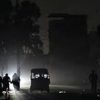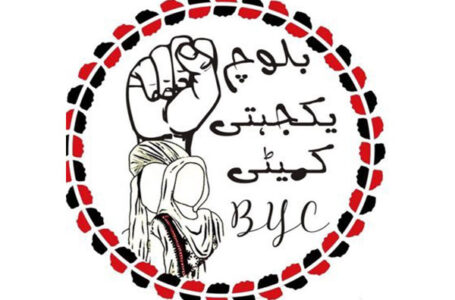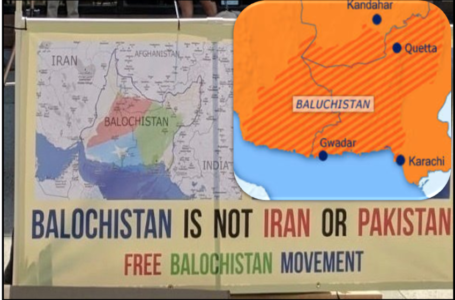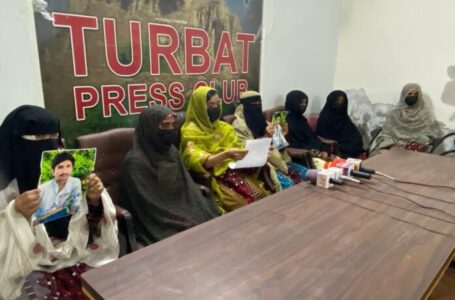Balochistan: Pakistani Forces’ Ration Supply Confiscated in Kulbar
Balochistan Rebels Tied to Blackout Across Most of Pakistan

BW News Web Desk: ISLAMABAD, Pakistan — Towns and cities across Pakistan plunged into darkness early Sunday when what officials said was an attack by militants on a transmission line short-circuited the national electricity grid, presenting a new indictment of the government’s faltering efforts to solve the country’s chronic power crisis.
Emergency efforts to end the blackout, widely described as Pakistan’s worst ever, resulted in a partial restoration of power in the capital, Islamabad, and the most populous city, Karachi, by Sunday evening. Even so, 80 percent of the country remained without power, including the provincial capitals of Lahore, Peshawar and Quetta, an official said.
The minister for water and power, Khawaja Muhammad Asif, blamed separatist rebels in the western province of Baluchistan who, he said, had blown up a critical transmission line. But experts said the attack only highlighted the growing vulnerability of Pakistan’s power grid, which has come under severe strain since the electricity crisis began in earnest about seven years ago.
The blackout was also another blow for Prime Minister Nawaz Sharif, whose government had already spent much of the week grappling with a severe fuel shortage that closed gasoline stations across Punjab, the country’s most politically powerful province.
A hastily convened government inquiry into the gasoline shortages, which lasted several days, laid the blame on the state oil regulatory authority. But the sight of lines miles long for gasoline at a time of low global oil prices only deepened public impatience with Mr. Sharif, who was faced with the crisis on his return from a visit to Saudi Arabia.
Rebels in Baluchistan, a vast but sparsely populated province, have been fighting for independence for almost a decade. The military has quelled the uprising with harsh tactics, including the abduction and torture of hundreds of suspected separatists, and there is little open fighting. Instead, the rebels mostly carry out guerrilla attacks on government installations such as rail lines, gas pipelines and electrical towers.
The rebels have attacked the electricity grid in Baluchistan three times since Jan. 13, said Muhammad Younas Dhaga, a senior official at the water and power ministry, during a briefing to reporters on Sunday. The third assault, which took place just before midnight on Saturday, blew up two important towers near the Uch power station, tripping the national grid.
Mr. Dhaga said Pakistan’s national grid was generating 7,000 megawatts of power but needed about 4,500 megawatts more to meet demand. Power plants that are currently closed will be brought online, and the crisis should have significantly eased by Monday, he said.
Fixing Pakistan’s dilapidated electricity system was a central campaign promise of Mr. Sharif’s Pakistan Muslim League-N party when it won a landslide victory in the May 2013. But his government has failed to deliver on those promises, with regular blackouts of up to 10 hours per day in the major cities and 20 hours in rural areas.
The sheer scale of the crisis accounts for part of the problem, experts say. The national power system is afflicted by complex debt issues, political interference, crumbling transmission lines and widespread electricity theft. Those problems are compounded by the refusal of many government departments and military bases to pay their electricity bills, which has starved regional power companies of the funds needed to upgrade.
Last year, Mr. Sharif signed agreements with China to help build four power stations. But it will be many years before those projects come online, and the government has made little visible progress toward their completion since announcing the initiatives.
Pakistan’s political tumult has also played a role in the crisis. Since August, Mr. Sharif has been under political assault by the opposition politician Imran Khan, who led a sit-in outside Parliament for four months over accusations that Mr. Sharif’s party had rigged the last election.
Although that protest ended recently, Mr. Sharif’s administration still appears beleaguered, while the emergence of an increasingly assertive military led by Gen. Raheel Sharif (who is not related to the prime minister) has further eroded his authority.










